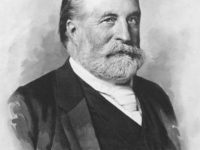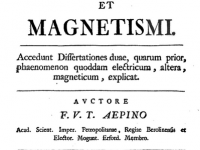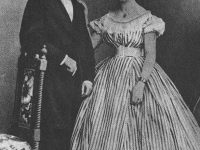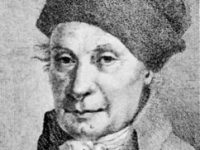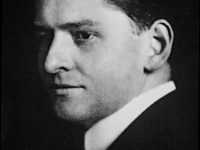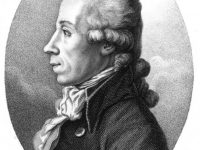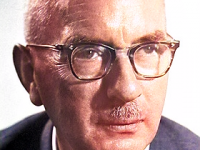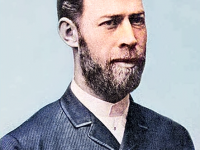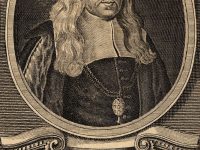Ernst von Bergmann – A Pioneer of Aseptical Surgery
On December 16 1836 (greg.), Baltic German surgeon Ernst von Bergmann was born. Von Bergmann was a pioneer of aseptic surgery and must undoubtedly be attributed to the greatest surgeons of his time. His main merits are the co-foundation of brain surgery and the introduction of asepsis in wound treatment. “Nature seems to smile to us, and we overlook her secretly threatening finger.” – Ernst von Bergmann, as quoted in [6] Early Years and…
Read more

